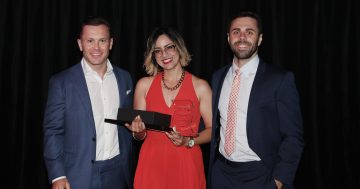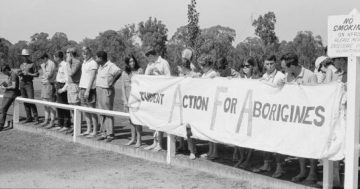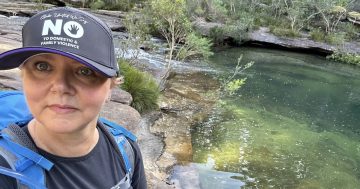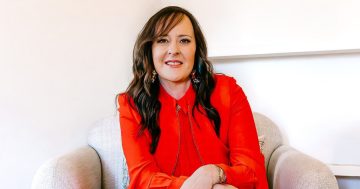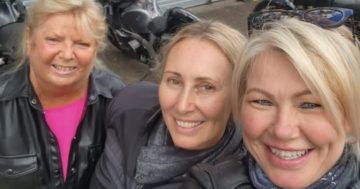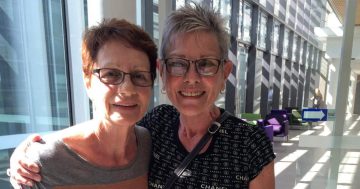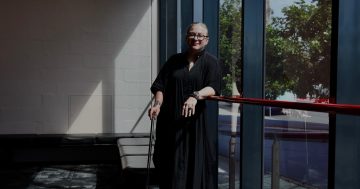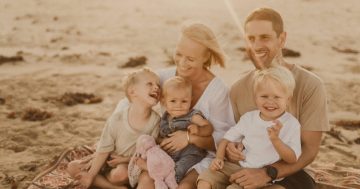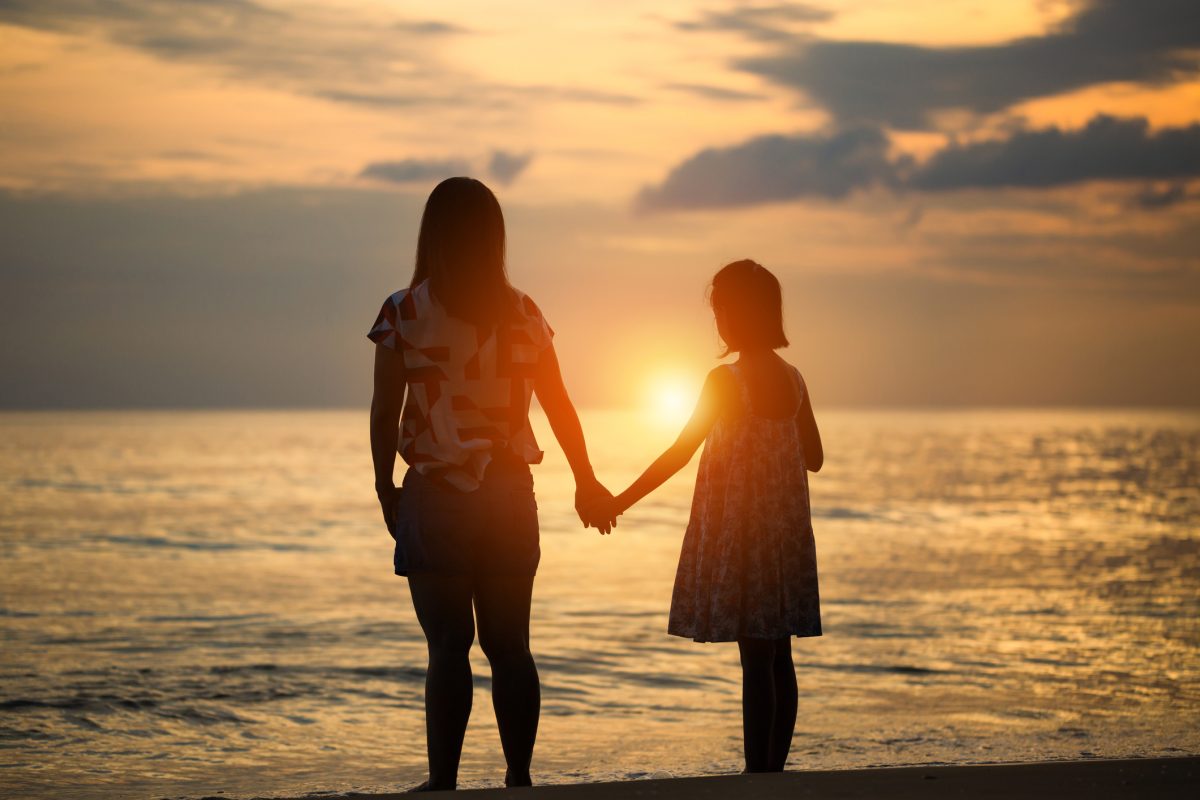
“The freedom you have as women in Australia is like a crown you can’t see.” Photo: iStock/justocker.
On paper, Omid* and Leyla* were living the good life in Iran. Omid was an electrical engineer with a thriving business, and Leyla was a successful sales manager for an advertising company.
Today the couple live in the Illawarra with their two daughters, 13-year-old Donya* and seven-year-old Dorsa*. Their home is objectively modest and Omid works as a pizza delivery man and a cleaner to support the family.
And life is immeasurably better.
“The freedom you have as women in Australia is like a crown you can’t see. But we who come from Iran can see this crown on your head. Be proud of it and know the value of it,” Leyla says.
In what can only be described as serendipitous, Leyla was visiting her brother in Australia with her two girls when she received a WhatsApp message from her friend, urging her to do whatever she could to remain in Australia.
Leyla had been identified by Iran’s police after she had attended protests for women’s rights. At the time the state’s Gasht-e-Ershad or “guidance patrol” (otherwise known as the “morality police“) were actively enforcing Iran’s strict dress code on women, and non-compliance in any form could lead to harsh punishment, prosecution and worse (such as the notorious death of 22-year-old Mahsa Amini).
“More than 90 per cent of women in Iran are against these policies. They want their freedom, but they’re scared of the police because they have the power to kill with impunity,” she says.
“It’s not much better for women who are arrested – what goes on in jails is horrendous, and most are executed anyway.”
Leyla quite understandably, panicked.
“The police had arrested my friend. She was able to make bail and get a message to me. She said, ‘Don’t come home. They’ve recognised you, they’re following your movements. Do whatever you can so that you never have to return’.
“I found out that they had sent a notice to my home that they wanted me to report to the police headquarters … I told my husband to sell the home, car, and whatever else we had and join us in Australia.”
The family applied for a humanitarian visa in Australia and is today on a Bridging Visa A, which allows them some working rights. Aside from working two jobs, Omid is attending TAFE to improve his English proficiency – the only roadblock to using his much-needed electrical engineering skills in Australia – and Leyla is trying her hand at global markets trading, while the two girls attend public school in the Illawarra.
The marked dip in their wealth and standing is nothing compared to what the family has gained.
“We’re free. We’re happy. We’ve been able to rescue our daughters, because make no mistake – they were in danger,” Leyla says.
“Donya’s view on Iranian policies and women’s freedoms and rights mirrored my own. Like me, she was appalled at the things that were happening to girls and women in the country. The leaders there are anti-feminist.
“At one time, they were using chemical gases on girls in schools with long-term side effects. Three little girls died. In the last month of our time in Iran I didn’t send my girls to school.
“Donya refused to cover her hair with scarves. She hated to feel obliged. I was always so worried when she would go out with friends. I would tell her to cover her hair, and she would say, ‘Why should I have to?’. You know how teenagers are. I was angry with her, but at the same time, I understood.
“The safety and freedom we have here brings us so much joy. In Iran we were more ‘successful’, but we were living in fear and worry for our daughters. Here, we feel so happy. I love Australia.”
Donya was recently one of 14 winners at the Women’s Writing and Art Competition 2023 organised by the Illawarra Multicultural Services (IMS) in collaboration with the South Coast Writers Centre (SCWC).
The competition acknowledges the International Day of the Elimination of Violence Against Women on 25 November marking the start of the 16 days of activism. This year’s theme was “Stories of Women”, and attracted more than 60 writing entries and 70 art entries.
The fact that she was able to enter at all is the sort of miracle that the family is still getting used to.
“She is very happy she could write freely here without fear of prosecution. It’s a very good feeling for her,” Leyla says.
“It’s a good feeling for us all.”
*For safety and privacy, all names are pseudonyms.









